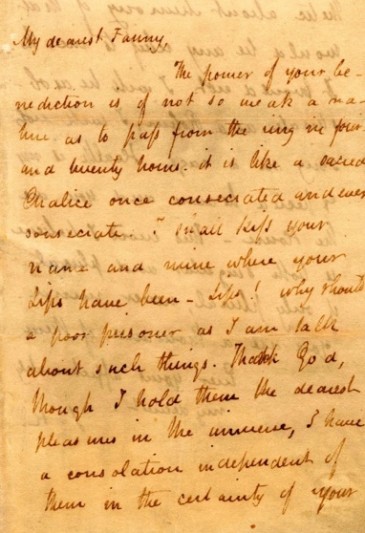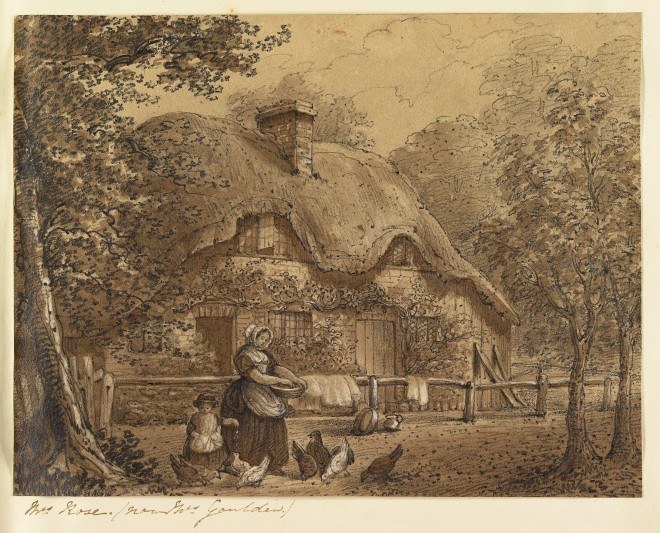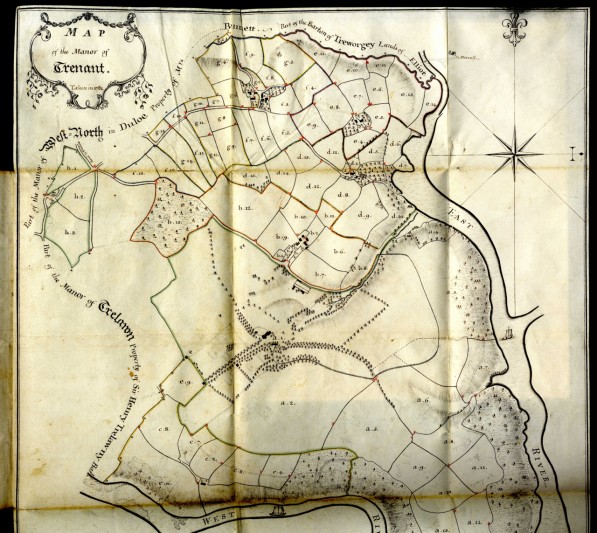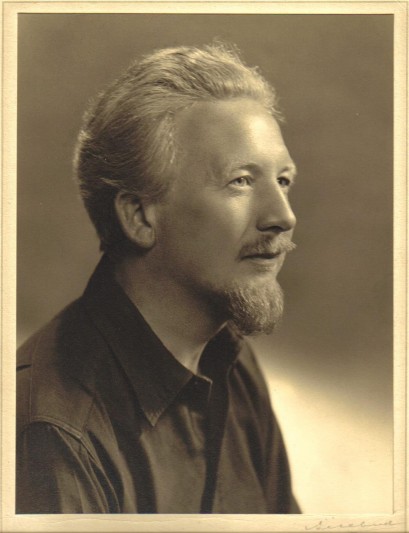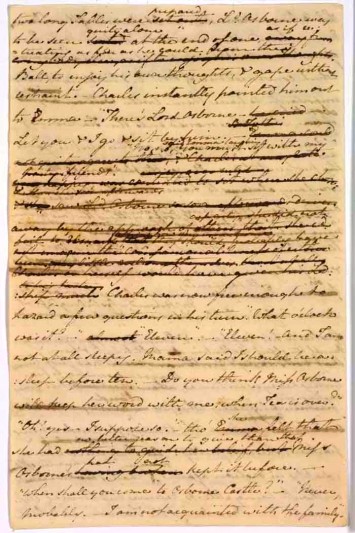John Keats (1795-1821) wrote this passionate letter to his fiancée Frances (Fanny) Brawne (1800-1865) in March 1820, when he was housebound in Hampstead with tuberculosis, and Fanny Brawne was living in the property adjoining Wentworth Place. The letter movingly demonstrates the
Search FNL grants since 1931
The celebrated Colonna Missal was commissioned by Cardinal Pompeo di Girolamo Colonna (d. 1532) for use in the Sistine Chapel. It was written and illuminated c. 1532-35, and some of its decoration is contemporary with Michelangelo’s fresco of the Last Judgment over the High Altar.
Surveyor’s reports to the General Purposes Committee concerning the upkeep of the fabric of the local area and its drains, sewers and roads. The volume complements Haringey Archive's continuous run of minutes of the Local Board of Health, 1850-95
An album of drawings of buildings and scenes in the west Hampshire village of Wellow by an unknown artist, c. 1846.
A hitherto unrecorded contemporary manuscript, finely bound in contemporary Dutch floral wrappers pasted onto boards with a calf backstrip. Written in three different hands, of which the two who copied the twelve arias from Alcina have been identified as 'S' and 'S3' using Larsen’s identifi
The Gale Morant Jamaican plantation papers cover the period from the late 18th century to the abolition of slavery in the British Empire in 1834 and beyond, when plantation owners were allowed to keep their slaves as ‘Apprentices’.
Seventeen boxes of papers of Alfred Wainwright, MBE, the fellwalker, guidebook author and illustrator.
A tin trunk of documents formerly belonging to Thomas Peel (1768-1843) of Peel Fold, Lancashire, and Penzance and Trenant Park, Duloe, in Cornwall. He was the son of William Peel (1745-1791), a brother of textile manufacturer Robert Peel (1750-1830) , 1st Bt.
An important and hitherto unavailable collection of letters, programmes, talks, lectures and signed presentation copies of scores, including a substantial two-way correspondence between Rubbra and his publishers Lengnick,1946 - 64.
‘The Watsons’ is Jane Austen’s first extant draft of a novel in process of development, and one of the earliest examples of an English novel to survive in its formative state.
